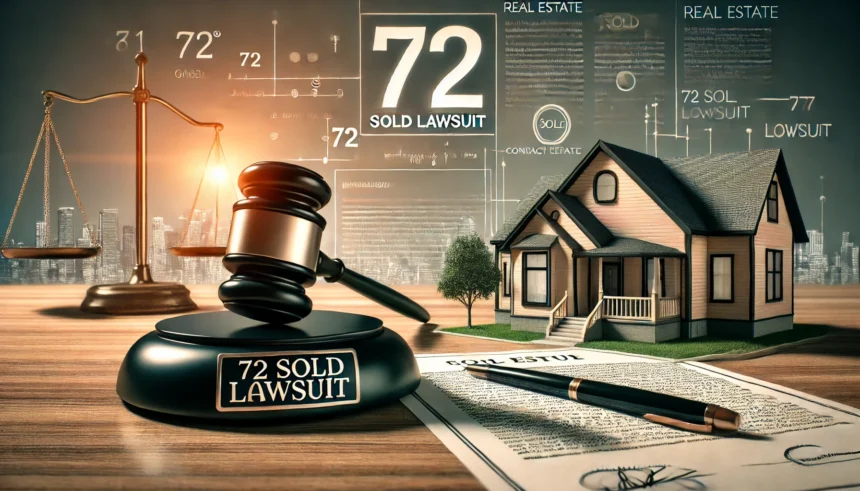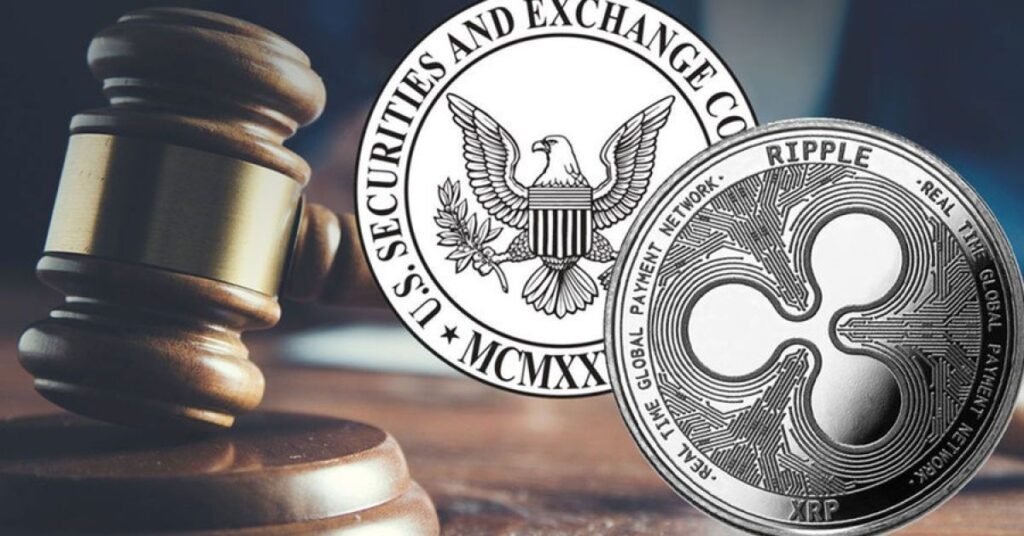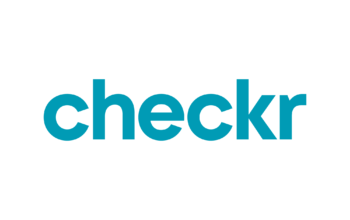
Learn all the details surrounding the 72 Sold lawsuit, including the claims, legal proceedings, and potential impacts on the real estate market.
Introduction
The real estate industry is no stranger to legal disputes, but the 72 Sold lawsuit has garnered particular attention due to the nature of the allegations and the widespread use of the company’s sales model. 72 Sold, a real estate sales program that promises to sell homes in just 72 hours, has grown rapidly, thanks to its aggressive marketing and innovative approach to real estate transactions. However, recent legal challenges have brought the company into the spotlight for reasons beyond its sales tactics.
In this article, we’ll delve deep into the 72 Sold lawsuit, exploring the origins of the case, the claims being made, and the potential impact this lawsuit could have on the real estate market. Whether you’re a real estate professional, a homeowner, or simply curious about the case, we’ll cover everything you need to know.
What Is 72 Sold?
72 Sold is a real estate marketing and sales program designed to expedite the home-selling process. As the name suggests, the service promises to sell homes in just 72 hours by using strategic marketing, competitive pricing, and high demand. Founded by real estate professional Greg Hague, 72 Sold gained popularity for offering a faster, seemingly more efficient alternative to traditional home-selling methods.
The model focuses on presenting homes to a pool of buyers within a compressed timeframe, creating urgency and competitive offers. Its slogan, “Why have your home on the market for weeks when you can sell in 72 hours?” has resonated with many sellers looking for quick sales, especially in hot real estate markets.
The Origins of the 72 Sold Lawsuit
Despite its success, 72 Sold has faced legal challenges that culminated in a lawsuit filed against the company. The 72 Sold lawsuit revolves around accusations related to false advertising, deceptive practices, and violations of consumer protection laws. Plaintiffs argue that the company’s claims of selling homes in 72 hours are misleading, and in some cases, homeowners were left with unsatisfactory results.
The lawsuit alleges that the company’s marketing materials and promises of fast sales were not accurately representative of the actual service provided. Some sellers reportedly encountered prolonged sales processes or failed to achieve the price points that had been advertised, leading to accusations of misrepresentation.
Key Allegations in the 72 Sold Lawsuit

1. False Advertising
One of the central claims in the 72 Sold lawsuit is that the company engaged in false advertising by overstating its ability to sell homes in such a short timeframe. Plaintiffs allege that while the 72-hour promise was a significant selling point, the actual process took much longer in some cases, and homes did not sell as quickly as advertised.
2. Deceptive Business Practices
Another major allegation involves deceptive business practices. The lawsuit claims that 72 Sold’s marketing misled sellers about the benefits of the service. While the company promised a fast, profitable sale, many homeowners were reportedly left with lower offers or a drawn-out selling process that didn’t match the expectations set by the company’s advertisements.
3. Failure to Disclose Terms
The plaintiffs also argue that 72 Sold failed to fully disclose all the terms and conditions associated with their service. For example, sellers may not have been adequately informed about potential fees, contractual obligations, or the limitations of the program, leading to financial loss or frustration.
4. Violation of Consumer Protection Laws
Several plaintiffs allege that 72 Sold violated consumer protection laws by providing inaccurate or misleading information to homeowners. This accusation adds weight to the case, as consumer protection laws are designed to ensure transparency and fairness in business dealings.
Impact on the Real Estate Market
The 72 Sold lawsuit has the potential to impact the real estate industry in several ways. As the case unfolds, other real estate professionals and companies offering similar sales models may be scrutinized for their advertising and sales tactics. It may also lead to stricter regulations regarding how real estate companies market their services to consumers.
For homeowners, the lawsuit serves as a reminder to carefully review contracts and understand the terms of any real estate service they engage with. Sellers who may have been considering 72 Sold or similar programs may now be more cautious and weigh the potential risks against the advertised benefits.
Legal Proceedings and Current Status of the Lawsuit
As of now, the 72 Sold lawsuit is still in progress, and both parties are preparing for court proceedings. The legal battle is likely to involve multiple stages, from pre-trial negotiations to potential settlements or a full court trial.
Greg Hague, the founder of 72 Sold, has responded to the allegations, defending the company’s model and its track record of success. He argues that the 72-hour promise is based on the initial buyer offers, and that the company’s model remains a viable option for many homeowners. Nonetheless, the outcome of this lawsuit will have long-term consequences for both 72 Sold and similar real estate models.
FAQs on the 72 Sold Lawsuit
Q1: What is the main issue in the 72 Sold lawsuit?
The primary issue in the lawsuit is whether 72 Sold engaged in false advertising and deceptive practices by overstating its ability to sell homes in 72 hours and failing to disclose certain terms and conditions to homeowners.
Q2: Has 72 Sold responded to the allegations?
Yes, Greg Hague, the founder of 72 Sold, has defended the company’s practices, arguing that the service is transparent and that the 72-hour sales claim refers to receiving buyer offers within that timeframe, not necessarily closing the sale.
Q3: What could happen if 72 Sold loses the lawsuit?
If 72 Sold loses the lawsuit, the company could face significant financial penalties, be required to change its marketing practices, or even lose consumer trust. Additionally, it could set a legal precedent for other real estate companies using similar sales tactics.
Q4: Should I avoid using 72 Sold because of the lawsuit?
Not necessarily. While the lawsuit raises important concerns, it’s important to do your own research before engaging with any real estate service. Review contracts, ask questions, and consult with a real estate attorney if needed to ensure you fully understand the terms.
Q5: How will this lawsuit impact the real estate market?
The 72 Sold lawsuit may lead to stricter regulations and more scrutiny on real estate companies that promise quick sales or offer innovative sales models. It could also encourage greater transparency and consumer protection in the real estate industry.
Conclusion
The 72 Sold lawsuit has captured attention for its potential to reshape the conversation around real estate sales and marketing. With accusations of false advertising, deceptive practices, and violations of consumer protection laws, the case highlights the importance of transparency and accuracy in business dealings.
For homeowners, this lawsuit serves as a reminder to thoroughly research and understand any real estate service before making a decision. As the case unfolds, it will be interesting to see how it impacts both 72 Sold and the broader real estate market. Whether the company emerges unscathed or faces consequences, the legal battle will likely leave a lasting impact on how real estate services are marketed and delivered.



